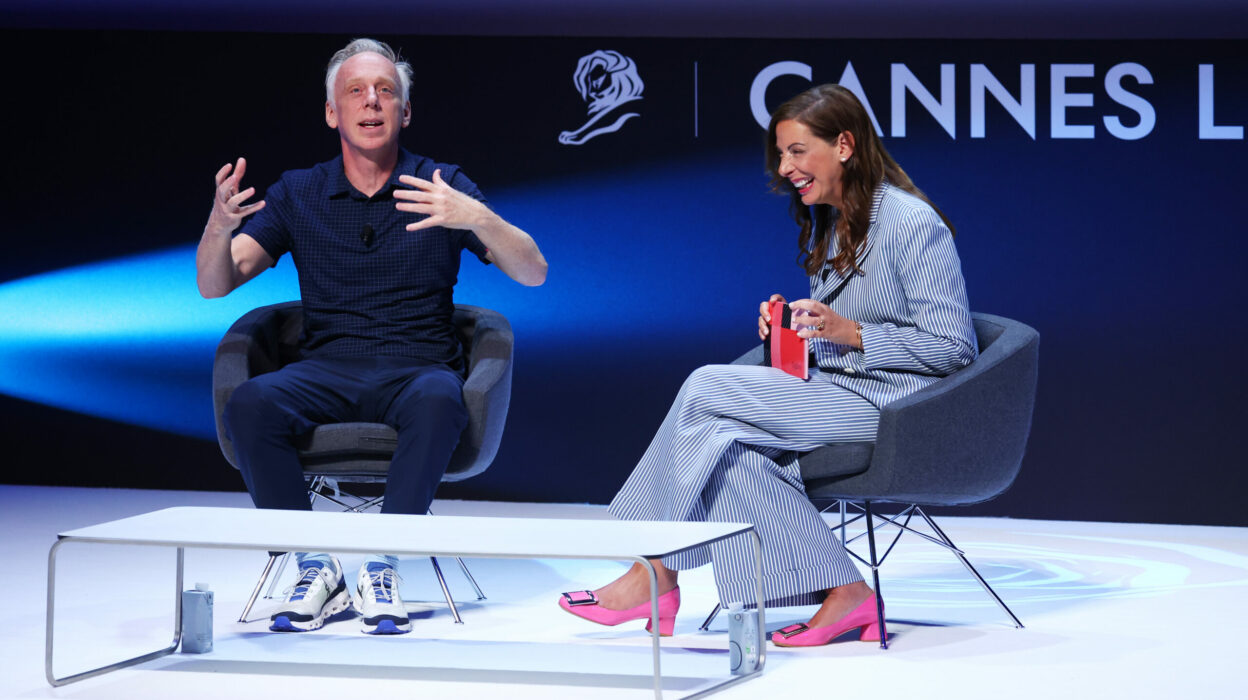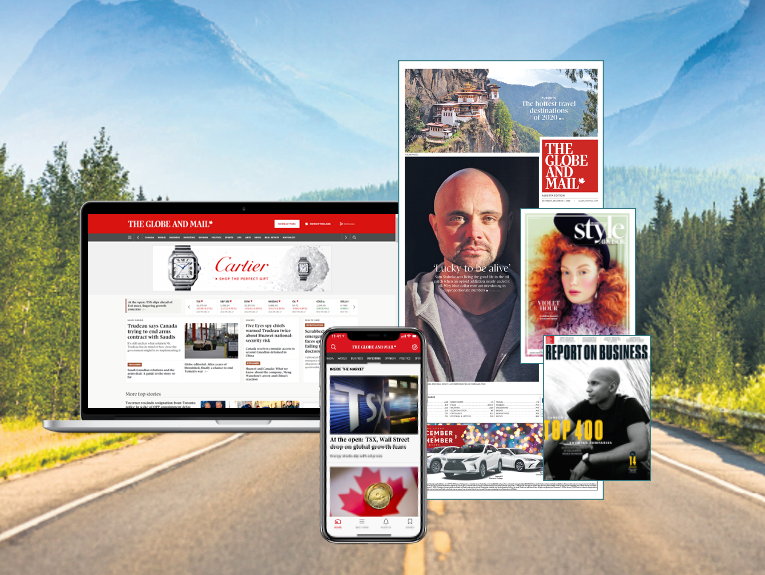Mike White opens up about his creative journey, including the challenges, triumphs and the importance of taking risks.
Creativity requires a method and storytelling requires craft. While an initial spark of inspiration may kickstart a successful television show or groundbreaking campaign, there is a lot more that follows. It involves shaping the concept, pushing its boundaries, and giving it depth and personality, sometimes even multiple facets. Mike White, a multi-talented entertainer and the creator of the TV sensation “The White Lotus,” has a wealth of experience in this regard.
In this conversation, White joins Liz Taylor, Ogilvy’s global chief creative officer, in a masterclass on storytelling. They delve into topics such as the creative process, the concept of “divine discontent,” the exhilaration of seeing work take flight, and how our own neuroses can actually serve as allies in creating something that resonates with audiences.
Mike White is known for being a keen observer of human behaviour and for his fresh and unconventional takes on storytelling. He says his success with “The White Lotus” came from a combination of factors, including HBO’s need for content during the pandemic and their trust in his quick writing abilities.
Prior to “The White Lotus,” he had a love-hate relationship with HBO as his previous show, “Enlightened,” was canceled early despite his love for it. However, with “The White Lotus,” he had creative freedom and was able to execute his vision exactly as he wanted.
The decision to have a death early on in “The White Lotus” was a conscious choice to create a hook and maintain audience interest, he says. White enjoys incorporating details and Easter eggs into his work, whether it’s in the writing, directing or other aspects of production.
For White, writing is the most rewarding and electric part for him. He aims to avoid perfectionism and focuses on improving the work without getting caught up in unnecessary details.
He emphasized the importance of resilience and taking risks in the entertainment industry. He shared his experience with “Chuck and Buck,” a film that was initially rejected but ultimately received critical acclaim. He encourages embracing bravery, going outside the comfort zone, and avoiding being too corporatized or conventional in creative endeavors.
White drew a parallel between his experience with “Survivor” and “The White Lotus,” emphasizing the importance of adaptability and the desire to challenge the norm in his work.
When it comes to seeking inspiration, White has shifted away from consuming movies and TV as much and instead prefers traveling and reading. He seeks fresh perspectives and avoids repetitive content.
He also discussed his personal experience with burnout and the need to prioritize well-being over work. He shared his past struggles and how he learned to change his approach to life and find a balance.
Overall, the discussion provided insights into Mike White’s creative process, his approach to storytelling, and his views on taking risks and maintaining authenticity in the entertainment industry.
Katherine Scarrow
Follow us @globemediagroup on Instagram, LinkedIn, and Twitter to stay in the know of all things Cannes Lions.




